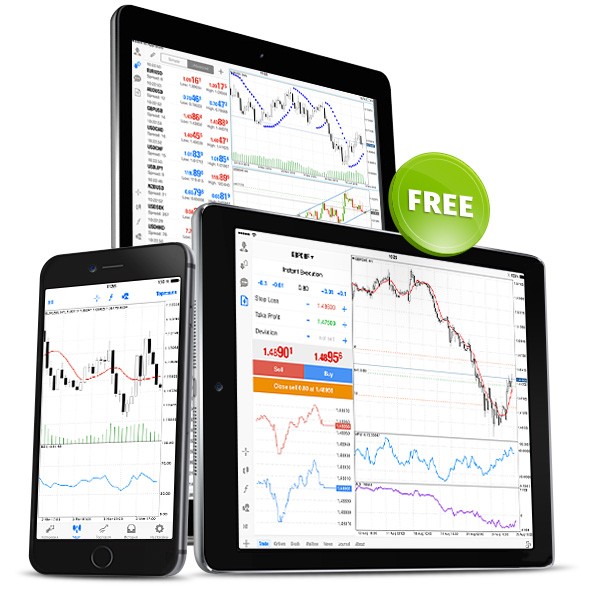Bitcoins can be sent, received and managed through various independent websites, PC clients and mobile device software. Bitcoins are sent and received through clients and websites called wallets. They send and confirm transactions to the network through Bitcoin addresses, the identifiers for users' Bitcoin wallets within the network.
There are a variety of ways to acquire bitcoins:
1.Accept bitcoins as payment for goods or services.
2.There are several services where you can trade them for traditional currency.
3.Find someone to trade cash for bitcoins in-person through a local directory.
4.Participate in a mining pool.
Bitcoin doesn't ask that it users trust any institution. Its security is based on the cryptography that is an integral part of its structure, and that is readily available for any and all to see. Instead of one entity keeping track of transactions, the entire network does, so Bitcoins are astoundingly difficult to steal, or double-spend. Bitcoins are created in a regular and predictable fashion, and by many different users, so no one can decide to make a whole lot more and lessen their value. In short, Bitcoin is designed to be inflation -proof, double-spend-proof and completely distributed.
Bitcoins are still far from mainstream, but they can be used as a valid form of payment for all kinds of goods and services. One advantage Bitcoin fans cite is the ability to move money instantly anywhere in the world.
By eliminating the middlemen -- credit-card companies, financial institutions, PayPal -- Bitcoin allows money to change hands digitally as quickly as cash does in the real world. Buying Bitcoins from individuals with Paypal is possible, but requires the seller to have some trust that the buyer will not file a claim with PayPal to reverse the payment.
Bitcoin markets are competitive -- meaning the price of a bitcoin will rise or fall depending on supply and demand at certain price levels. Only a fraction of bitcoins issued to date are found on the exchange markets for sale. So even though technically a buyer with lots of money could buy all the bitcoins offered for sale, unless those holding the rest of the bitcoins offer them for sale as well, even the wealthiest, most determined buyer can't get at them.
Additionally, new currency continues to be issued daily and will continue to do so for decades though over time the rate at which they are issued declines to insignificant levels. Those who are mining aren't obligated to sell their bitcoins so not all bitcoins will make it to the markets even.
This situation doesn't suggest, however, that the markets aren't vulnerable to price manipulation. It doesn't take significant amounts of money to move the market price up or down and thus Bitcoin remains a volatile asset.
Please be careful with your money. When sending money to an exchange or seller you are trusting that the operator will not abscond with your funds and that the operator maintains secure systems that protect against theft -- internal or external. It is recommended that you obtain the real-world identity of the operator and ensure that sufficient recourse is available. Exchanging or storing significant amounts of funds with exchanges is not recommended.






%20-%20MetaTrader%205%20-%20CME%20Micro%20Futures%20-%20Free%20Demo.png?width=346&name=AMP%20Global%20(Europe)%20-%20MetaTrader%205%20-%20CME%20Micro%20Futures%20-%20Free%20Demo.png)
